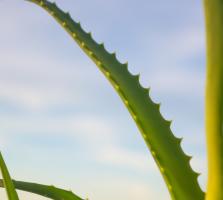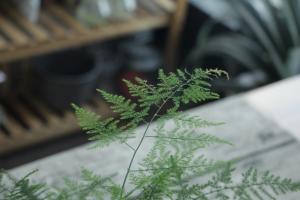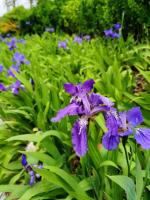Can Soapy Water Kill Plants?
If you have a green thumb, you probably know that plants need proper care to thrive. Watering, fertilizing, and pruning are just some of the essential steps in maintaining healthy plants. However, some gardeners swear by using soapy water as a natural pesticide for their plants. But the question is, can soapy water kill plants?
The Pros of Using Soapy Water on Plants
One of the main advantages of using soapy water on plants is that it can act as a natural insecticide. Soap can break down the cell walls of insects, causing them to die or suffocate. This is effective against pests like aphids, spider mites, and mealybugs. Soapy water is also safe for pets, humans, and the environment, making it an eco-friendly alternative to chemical pesticides.
The Cons of Using Soapy Water on Plants
Despite its benefits, using soapy water on plants can also have some negative effects. Firstly, using too much soap can burn the plants' leaves, causing them to wither or turn brown. The soap residue can also affect the plant's ability to absorb nutrients and water, leading to stunted growth or even death. Additionally, some plants are more sensitive to soap than others, so it's important to test a small area first before applying soapy water to the entire plant.
How to Use Soapy Water on Plants
If you want to try using soapy water on your plants as a natural insecticide, be sure to follow these tips:
Use a mild soap, such as dish soap or castile soap.
Mix one tablespoon of soap with one liter of water.
Spray the solution on the affected areas of the plant, focusing on the underside of the leaves where pests like to hide.
Rinse the plant with clean water after a few minutes to remove any soap residue.
Apply the solution early in the morning or late in the evening when the sun is not too strong, to avoid burning the plant's leaves.
Conclusion
So, can soapy water kill plants? The answer is yes, but only if used improperly. When used in the right amount and concentration, soapy water can be an effective and eco-friendly way to control pests in your garden. However, it's important to be cautious and test a small area first to avoid any negative effects on your plants. As with any gardening technique, proper research and care are essential for maintaining healthy and thriving plants.

 how many times do yo...
how many times do yo... how many planted tre...
how many planted tre... how many pine trees ...
how many pine trees ... how many pecan trees...
how many pecan trees... how many plants comp...
how many plants comp... how many plants can ...
how many plants can ... how many plants and ...
how many plants and ... how many pepper plan...
how many pepper plan...































